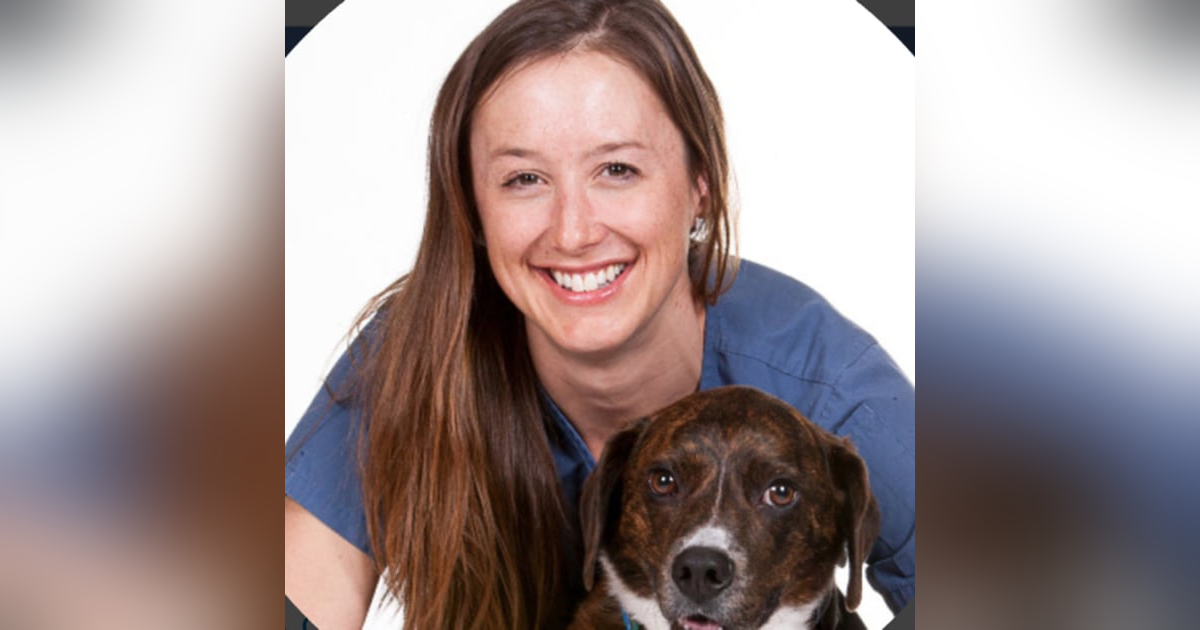#30: Journeys of a free range surgeon.. With Dr. Bronwyn Fullagar.

If you’re anything like us you might have some preconceptions about surgery and surgeons. Our guest for this episode, Dr Bronwyn Fullagar, will flip those ideas of yours on their heads. Bronwyn is a board certified specialist surgeon who has a different take on what it means, and what it takes, to be a surgeon. When there is not a global viral pandemic she travels the world as a locum surgeon, and in between work stints she shares her skills at several charity organisations in some pretty awesome locations. We dig deep into a career in surgery: what it takes, what it looks like - the good and and the bad, including some practical advice on how to become a surgeon . She gives us her tips on how to stop ‘post-op panic’ about things going wrong with your cases, and she shares with us about finding her passion, loving the journey, picking your mentors, how working in the US compares to a career in Australia, and much much more. For the show notes or to check out our guests’ favourite resources, click on the webpage link on the episode page wherever you listen to us, or visit the podcast website at thevetvault.com If you have a question for us we’d like you to leave us a voice message by going to our episode page on the anchor app (https://anchor.fm) and hitting the record button, or via email at thevetvaultpodcast@gmail.com, or just catch up with us on instagram. (https://www.instagram.com/thevetvault/) We’d love to hear from you! If you like what you heard, then please help us to spread the word by subscribing to the podcast (it’s free!), and by telling your friends about us.






